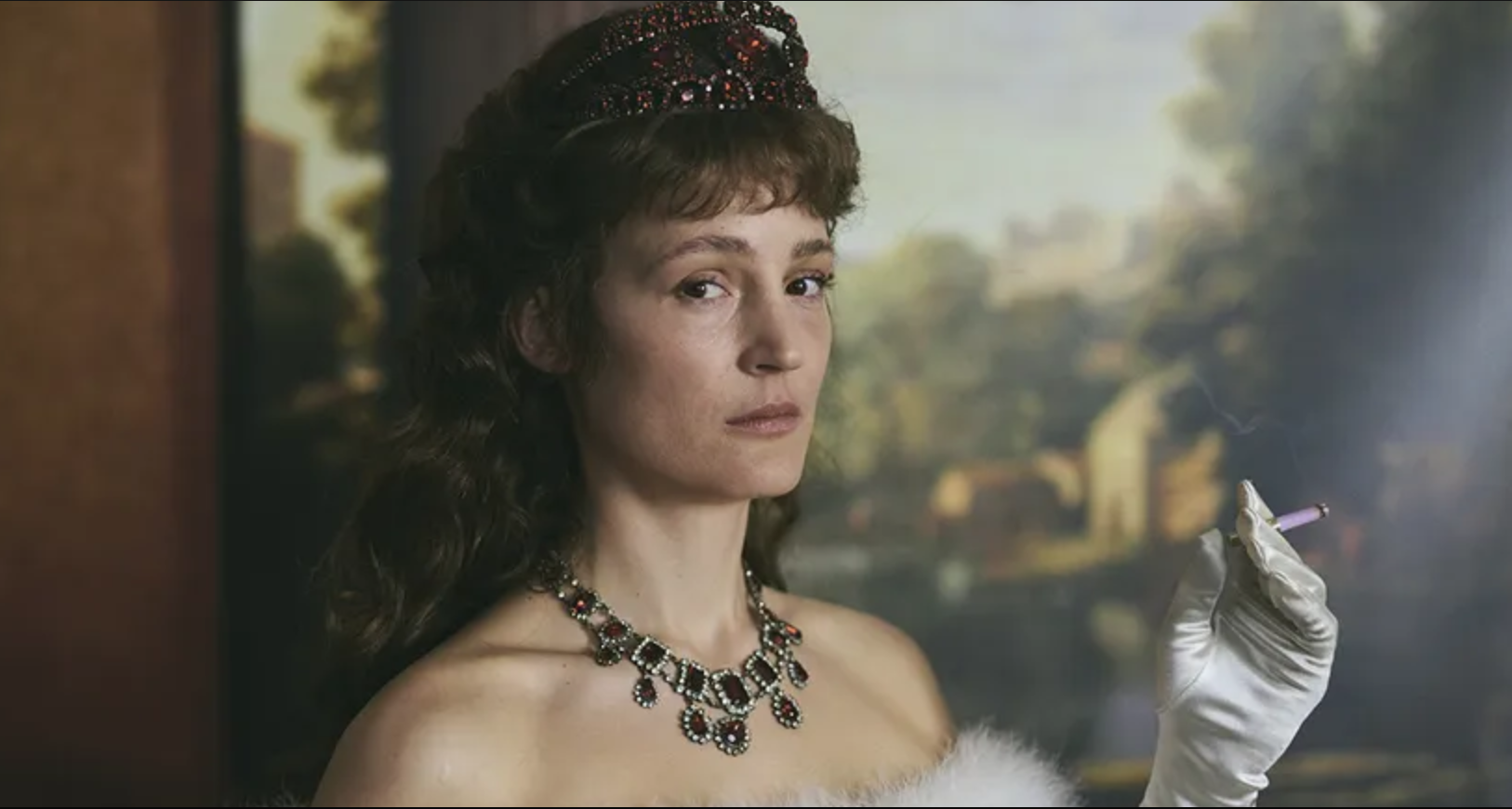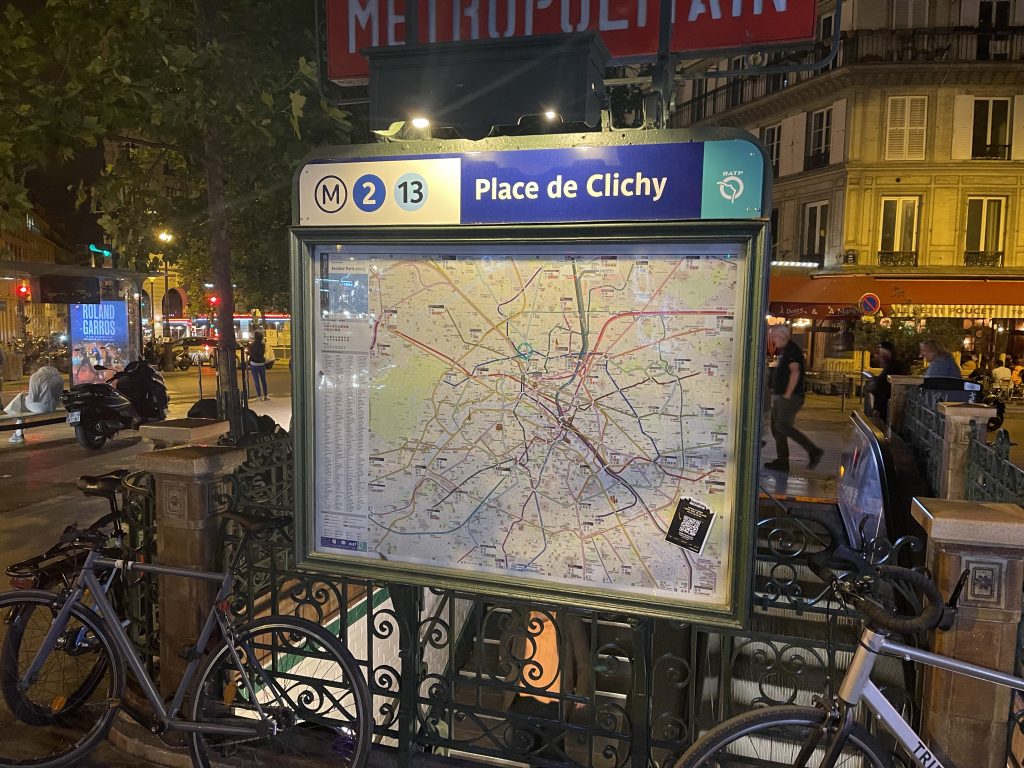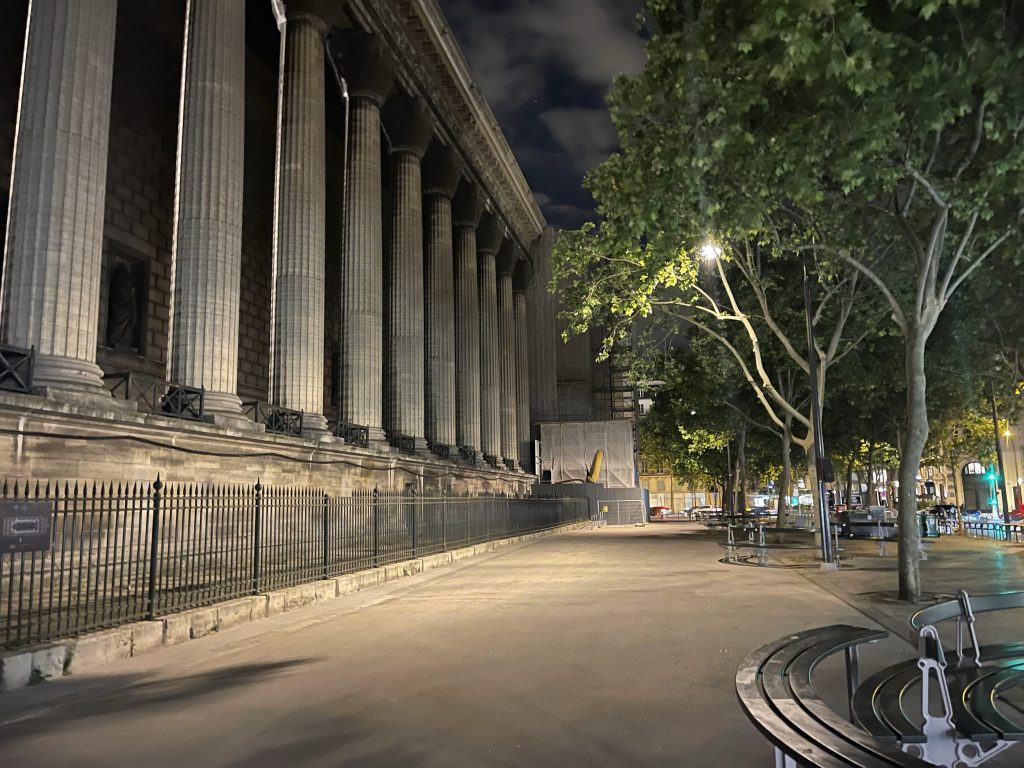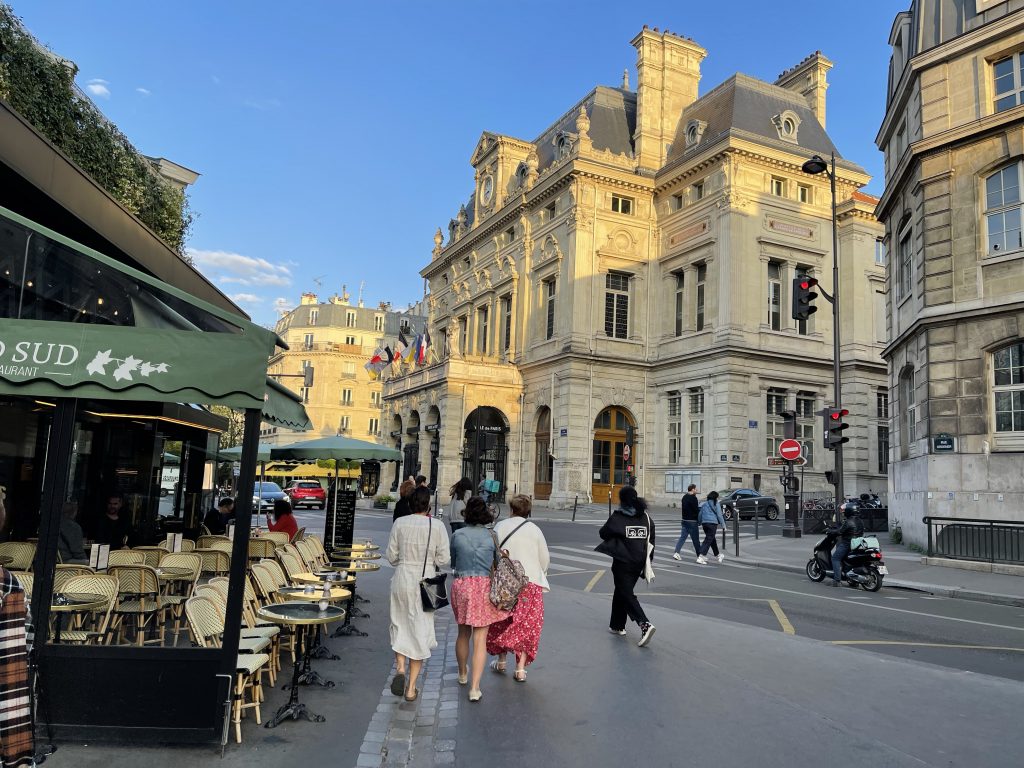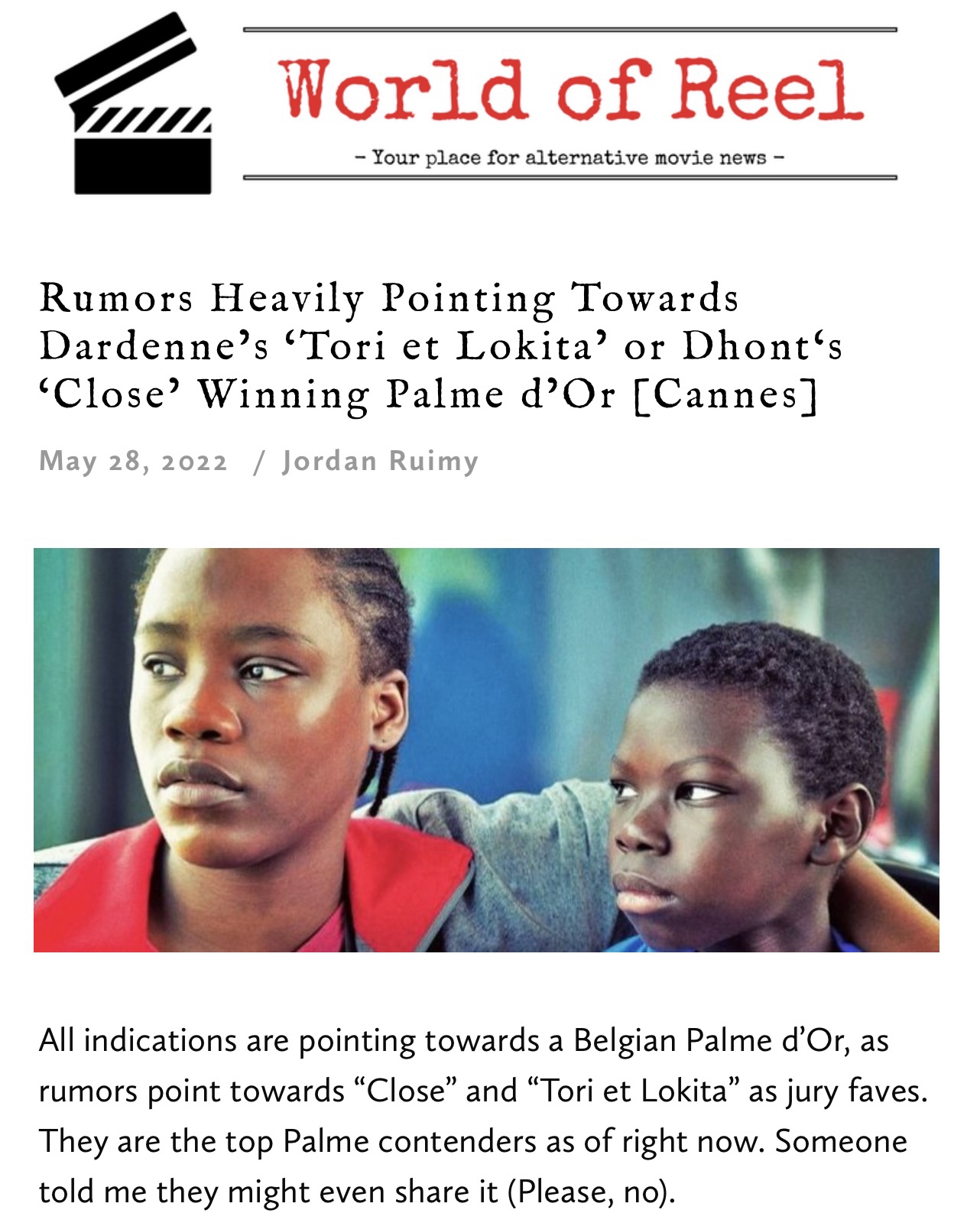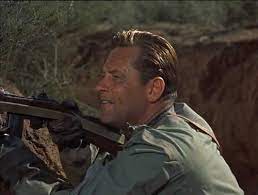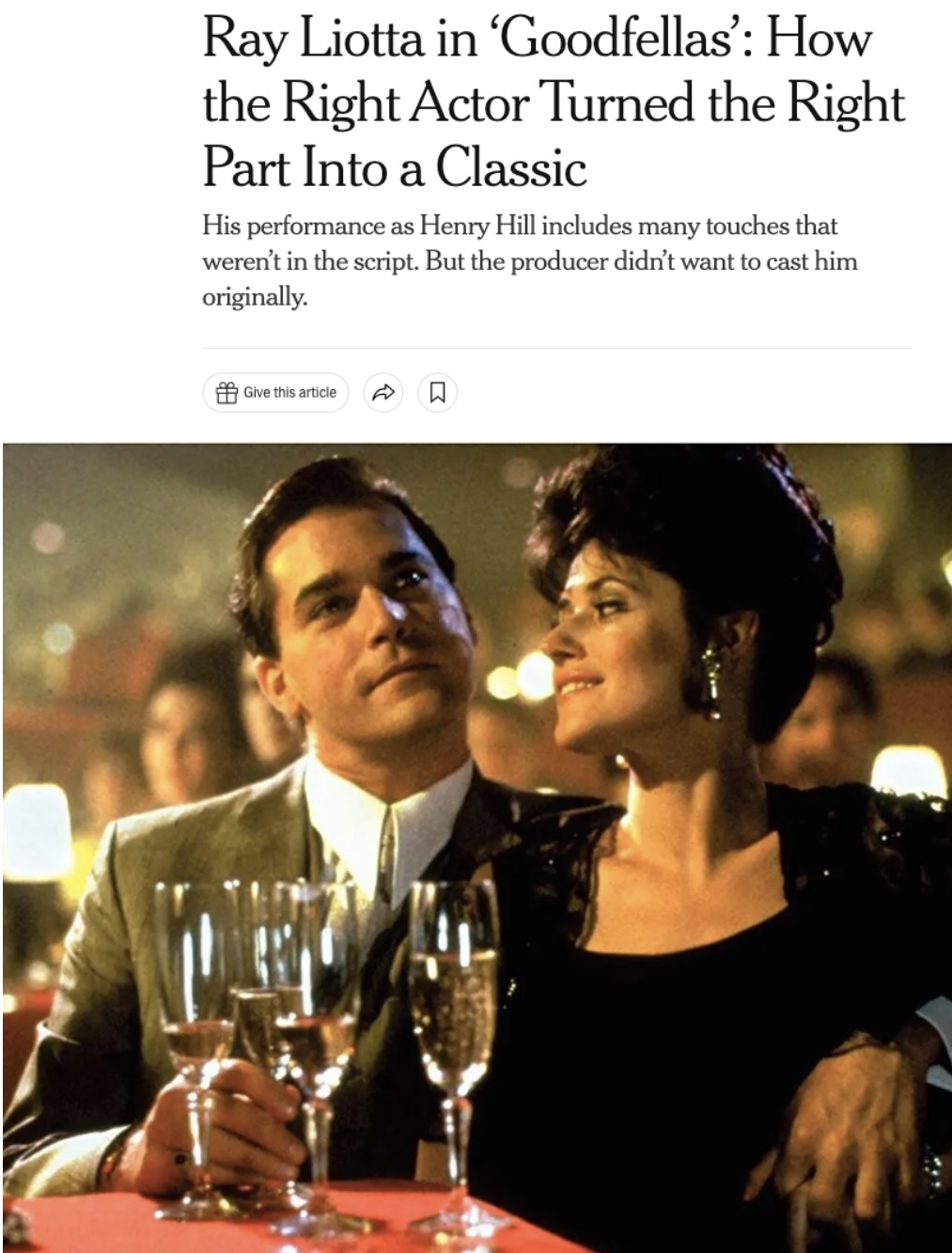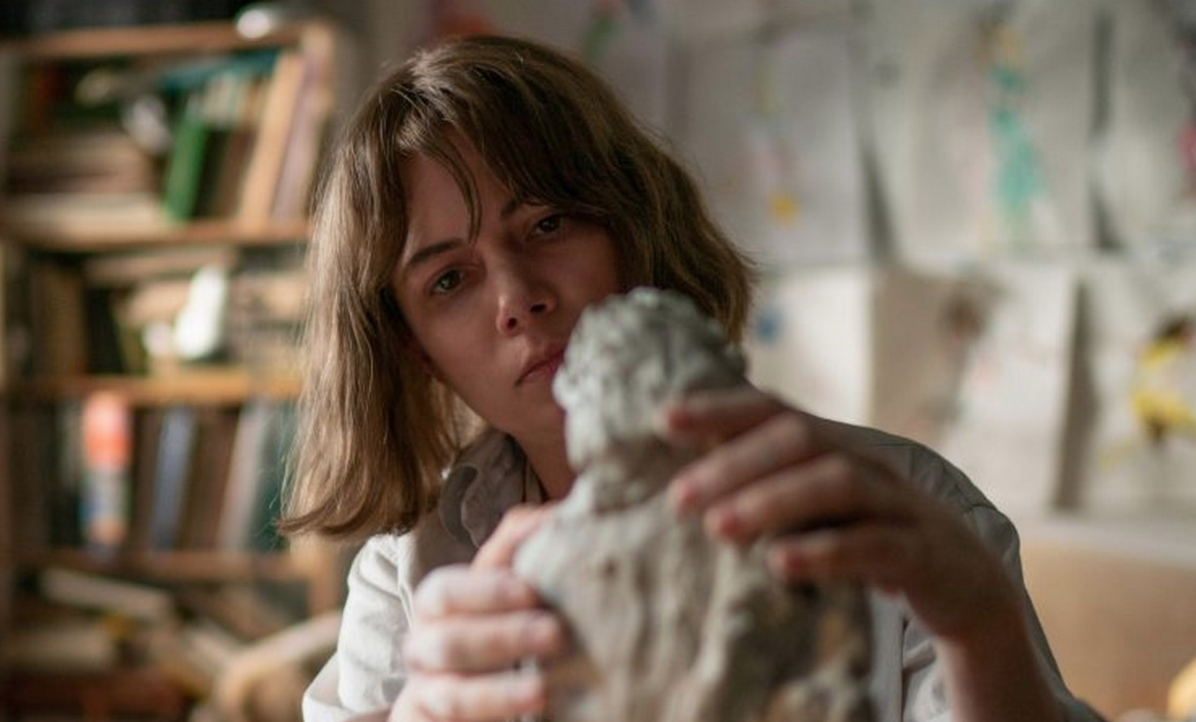In a 5.28 Cannes Film Festival sum-up piece by Anne Thompson, the headline announces that Vicky Krieps, star of Marie Kreutzer‘s underwhelming Corsage (which I reviewed on 5.20)…the headline announces that Krieps “won big.”
Thompson: “Austria could submit Kreutzer’s irreverent costume drama Corsage [for Oscar consideration]…many thought Corsage should have been programmed in the Competition…[it stars] versatile Berlin actress Vicky Krieps as Austria-Hungary’s rebellious Empress Elisabeth (‘Sissi’)…Krieps shared the Un Certain Regard Best Actress award. With the right handling from IFC Films, the revisionist 19th-century royal slice-of-life could compete for Best Actress and Best Costume Design, as well as International Feature Film.”
HE reality check: Krieps did not “win big” at Cannes. Her Corsage performance resonated to some extent, but there’s no way in hell that Krieps’ moody, sullen turn will be even considered as a Best Actress contender. Corsage may make headway in the other two categories.

Posted from Cannes on 5.20.22: I regret reporting that Marie Kreutzer‘s Corsage, which screened at 11 am this morning, didn’t sit well. I found it flat, boring, listless. The Austrian empress Elizabeth (Vicky Krieps) is bored with her royal life, and the director spares no effort in persuading the audience to feel the same way.
Krieps plays up the indifference, irreverence and existential ennui. Somewhere during Act Two a royal physician recommends heroin as a remedy for her spiritual troubles, and of course she develops a habit. I was immediately thinking what a pleasure it would be to snort horse along with her, or at least during the screening.
Corsage is unfortunately akin to Pablo Larrain‘s Spencer and Sofia Coppola’s Marie Antoinette — stories of women of title and privilege who feel alienated and unhappy and at a general loss.
I’m sorry but this movie suffocates the soul.
In actuality Empress Elizabeth was assassinated in 1898, at age 51. For some reason Kreutzer has chosen to end the life of Krieps’ Elizabeth at a younger point in her life, and due to a different misfortune.
This is one of the most deflating and depressing films I’ve ever seen.
